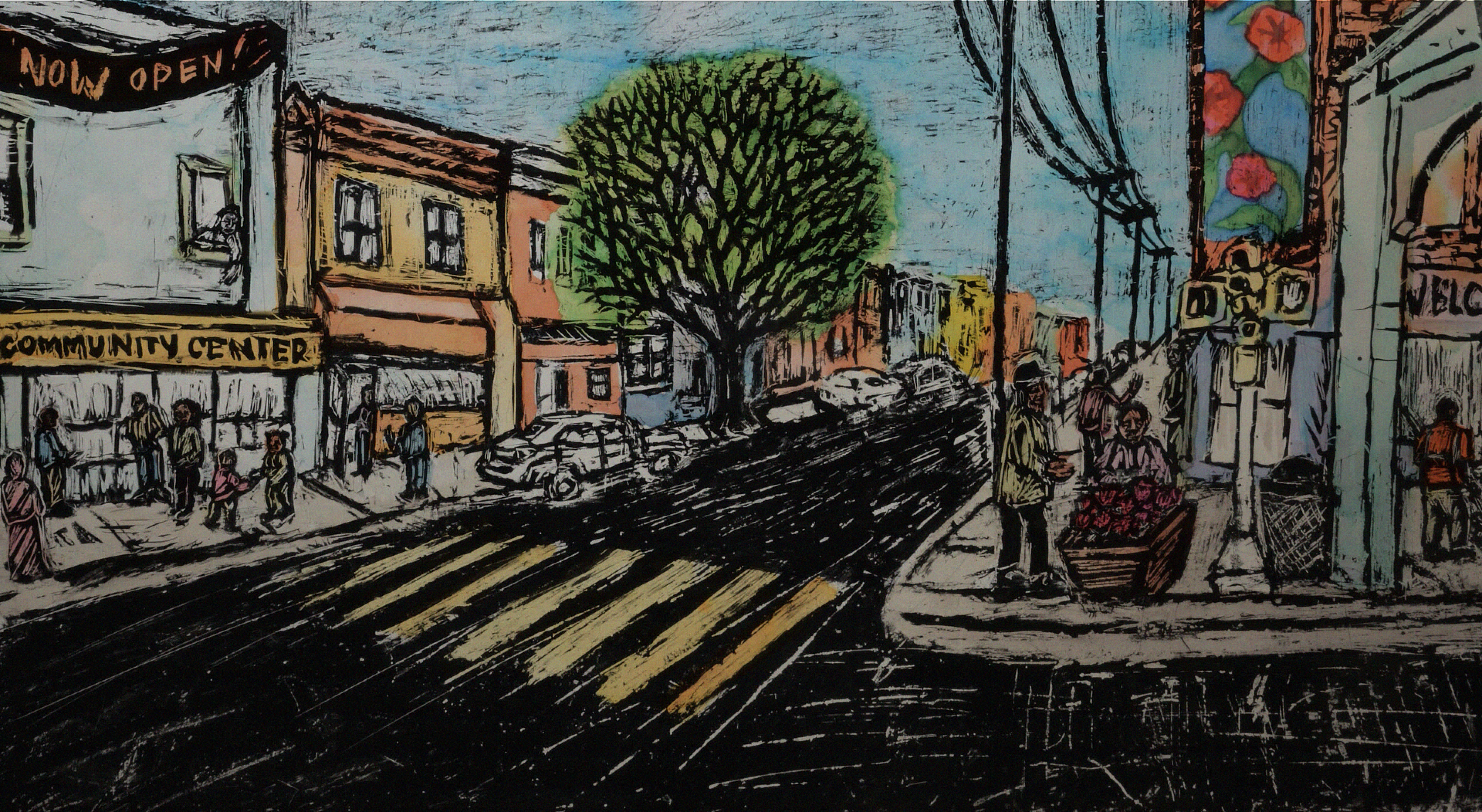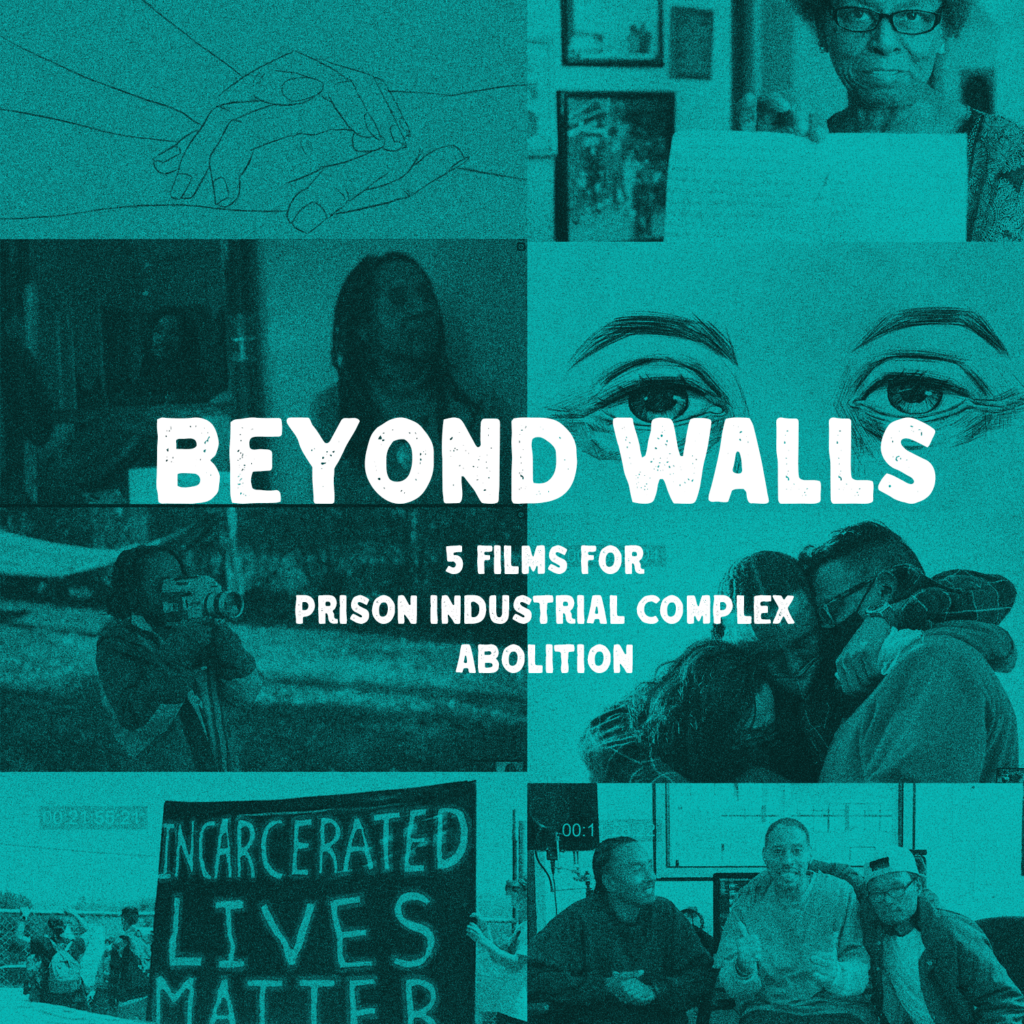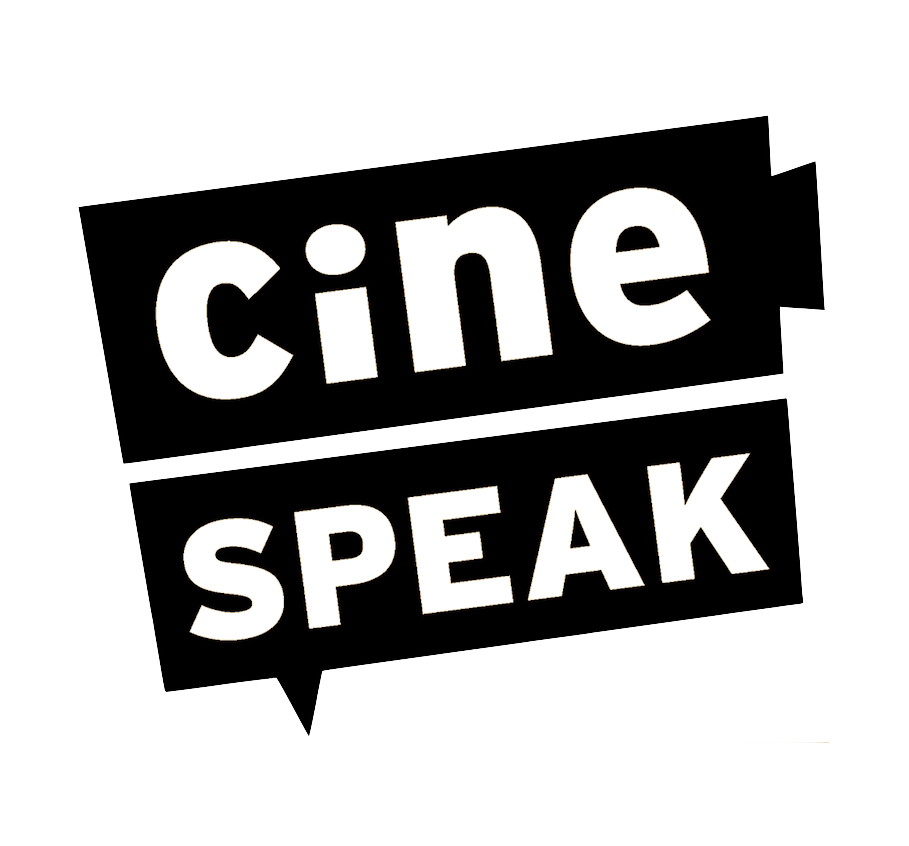
10 Aug Animation as Imagination: The Liberating Power of “Practical Abolition”
BY CRAIG TERRY JR.
The communities of Philadelphia have been deeply affected by increasing rates of gun violence and policing. Working Films’ Beyond Walls program tackles these fundamental issues within communities as an important step toward finding plausible and pragmatic solutions. The collection of documentary short films seeks to understand the prison industrial complex and abolition movements while establishing potential solutions based on the needs of the people in those communities.
One of the projects in the Beyond Walls program, Practical Abolition, was produced with the public interest law firm Amistad Law Project to respond to the trauma of gun violence that permeates Philadelphia neighborhoods. Amistad Law Project’s mission “works to abolish death by incarceration and long-term sentences, create alternatives to policing, and get our communities the material resources and political power they need to thrive.”
The 2-minute film Practical Abolition: Resources for Communities Not Cops features a narration overlayed on an animation of Philadelphia city streets. The impressionistic animation populates with color and greenspace as police cars move out of frame, signaling a change in communities when they are supported and not surveilled.
Kris Henderson, the Executive Director of the Amistad Law Project, explains in the film, “We’ve been doing this for decades. Think about it for a second. Over the past 40 years, we’ve increased police budgets across the country by over $70 billion. And we never put a dent in street violence in major cities across the country.”

Through Practical Abolition, Henderson aimed to engage with audiences when the pandemic halted in-person meetings. “Police don’t keep our communities safe and instead suck up a huge amount of resources that could be spent actually making our communities more stable and strong,” Henderson tells cinéSPEAK. “We chose to make social media-length videos so that people could easily digest the information and share it with their followers.” While only one of the Practical Abolition short films is screening with Working Films’ Beyond Walls program, there are three additional Practical Abolition short films on different aspects of safety and justice in Philadelphia.
The film’s animator, Erik Ruin, was brought on through his connection with Amistad Law Project’s Organizing Director Sean Damon. He became intrigued with animation during the pandemic: “During the pandemic, I found myself moving away from performance because you can’t do a performance when you don’t have an audience in the same room… I had always been really interested in making animation, but that’s when I took the leap and started doing it seriously.”
Ruin says he brought the idea to Damon to exercise his animation skills. “I kind of floated [it] to him, [like] ‘Oh if you guys ever need any video support for anything you’re doing.’ As someone who considers themselves as a police and prison abolitionist, their mission is really close to my heart.”
Ruin explains his process as a “modified scratchboard process” of “drawing with ink onto acetate then shooting that on a light table from behind on a coffee stand, literally erasing and redrawing and, for the colorization, I’m just doing that with watercolor.”
The film acknowledges the impact of gun violence in our city while also offering hope. The year 2020 was especially tumultuous for Philadelphia, with a global pandemic, rising unemployment, public protests, rising homicide rates, and rioting that inundated the streets of North, West, and Southwest Philadelphia. As the city recovered from the protests from George Floyd’s murder, the police killed one of Philadelphia’s own residents, Walter Wallace Jr. While the City of Philadelphia has since settled with Wallace’s family, there has been no meaningful reckoning with the harm the shooting caused for the whole community nor has any real change been implemented to keep our neighborhoods safe moving forward.
“We could treat gun violence like the public health problem that it is,” Henderson explains in the film. “Instead of investing in policing our people, let’s invest in helping them.”The Working Films’ Beyond Walls program hopes to inspire and imagine a world without policing. On August 11, 2023, cinéSPEAK presents the Beyond Walls collection of five short films on PIC abolition at Malcolm X Park. Learn more and RSVP to attend the event here.
*Featured Image: Still from Practical Abolition. Courtesy of Working Films.

Craig Terry Jr. is a Black photographer, filmmaker, writer, student, and community engagement and research coordinator born and raised in Southwest Philadelphia.

Sorry, the comment form is closed at this time.